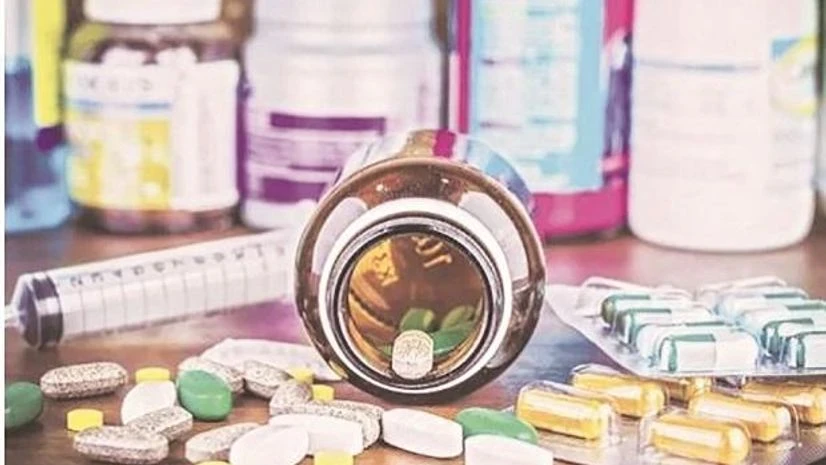The Indian Medical Association (IMA) on Monday demanded deferring the implementation of the National Medical Commission regulations that make it mandatory for doctors to prescribe generic drugs, stating the biggest impediment to such medicines is the uncertainty about their quality.
The IMA stated that less than 0.1 per cent of the drugs manufactured in India are tested for quality.
"This step should be deferred till the government can assure the quality of all the drugs released into the market. Patient care and safety are not negotiable," the association said in a statement.
The National Medical Commission (NMC) in its "regulations relating to professional conduct of registered medical practitioners" stated that all doctors must prescribe generic drugs, failing which they will be penalised and even their licence to practise may be suspended for a period.
It also asked doctors to avoid prescribing branded generic drugs.
Rather than taking the NMC route the government should take the pharma route and ban all the branded drugs, the IMA said, adding the government allows several categories such as branded and branded generic and permits pharmaceutical companies to sell the same product at different prices.
More From This Section
"Such loopholes in law should be plugged," the doctor's body said.
"The ill-advised steps taken by NMC on the issue of generic drugs is an emergency. Generic promotion needs to be genuine," the statement said.
If doctors are not allowed to prescribe branded drugs, then why such drugs should be licensed at all, given that modern medicines can be dispensed only on prescription of doctors of this system.
"The government, if serious about implementing generic drugs, should give licence only to generics and not to any branded drugs while ensuring quality of generic drugs. Making quality brands available in market but disallowing doctors who are responsible for patients' health from prescribing them seems dubious," the statement said.
The IMA appealed to the government to have a "one drug, one quality, one price" system whereby all brands should be either sold at the same price which should be controlled or banned and only generic medicines allowed while ensuring highest quality of these drugs.
(Only the headline and picture of this report may have been reworked by the Business Standard staff; the rest of the content is auto-generated from a syndicated feed.)

)
